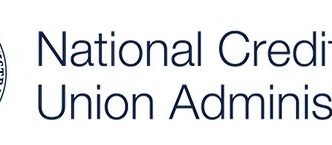According to the Consumer Financial Protection Bureau (CFPB), when a financial institution (including credit unions) charges a fee to a member who deposits a check that bounces, that fee is considered a violation when it is indiscriminately used. The CFPB argues that a depositor has no idea if the check they deposit is good or not and that when the check is not good then that person is the victim of check fraud. In that instance, the CFPB considers charging that member a fee a violation of the Consumer Financial Protection Act. To avoid a fine, a financial institution should have a policy in place where a fee is only charged when a depositor attempts to deposit a check that has been returned previously.
The CFPB is now arguing that an overdraft fee can become a surprise overdraft fee given certain circumstances, and that charging a fee in these cases is a violation of the Consumer Financial Protection Act as well. An overdraft fee becomes a surprise overdraft fee when the fee is charged to a transaction that was made when the account was positive, but subsequent transactions made the account negative, so that when the charge finally cleared it was to a negative balance account. The CFPB contends that even when a consumer is dutiful in monitoring their account, that the back-office practices of clearing transactions leading to these fees are deceptive and therefore it is a violation to charge a consumer such a fee. Credit unions must be even more cautious around the specific circumstances in which they charge a consumer an overdraft fee. The best way for a credit union to properly mitigate the risk of charging a member a surprise overdraft fee is by going into their core system and change when and how their overdraft fees are applied.
There are three ways to order postings to an account.
- Large-to-low in the past has led to very large fines to large national banks.
- Order-of-receipt has an orderliness to it but can possibly cause issues for a large overdraft fee being assessed for an inexpensive cup of coffee. Some institutions have adopted a policy of not charging an overdraft fee for small purchases less than $10 or $5.
- Low-to-high will result in the lowest fees collected by the financial institution and is typically seen as being in the consumer’s best interest. This approach coupled with not charging overdrafts for small purchases should insulate your credit union from any CFPB related concerns. Furthermore, both state and federal regulators have told the League that they approve of this type of approach.






